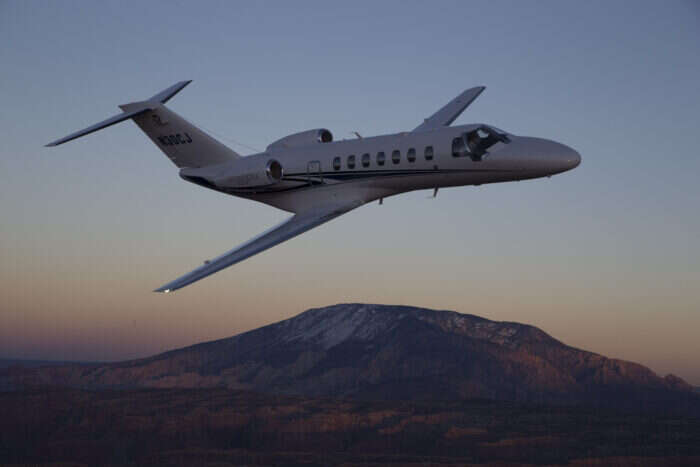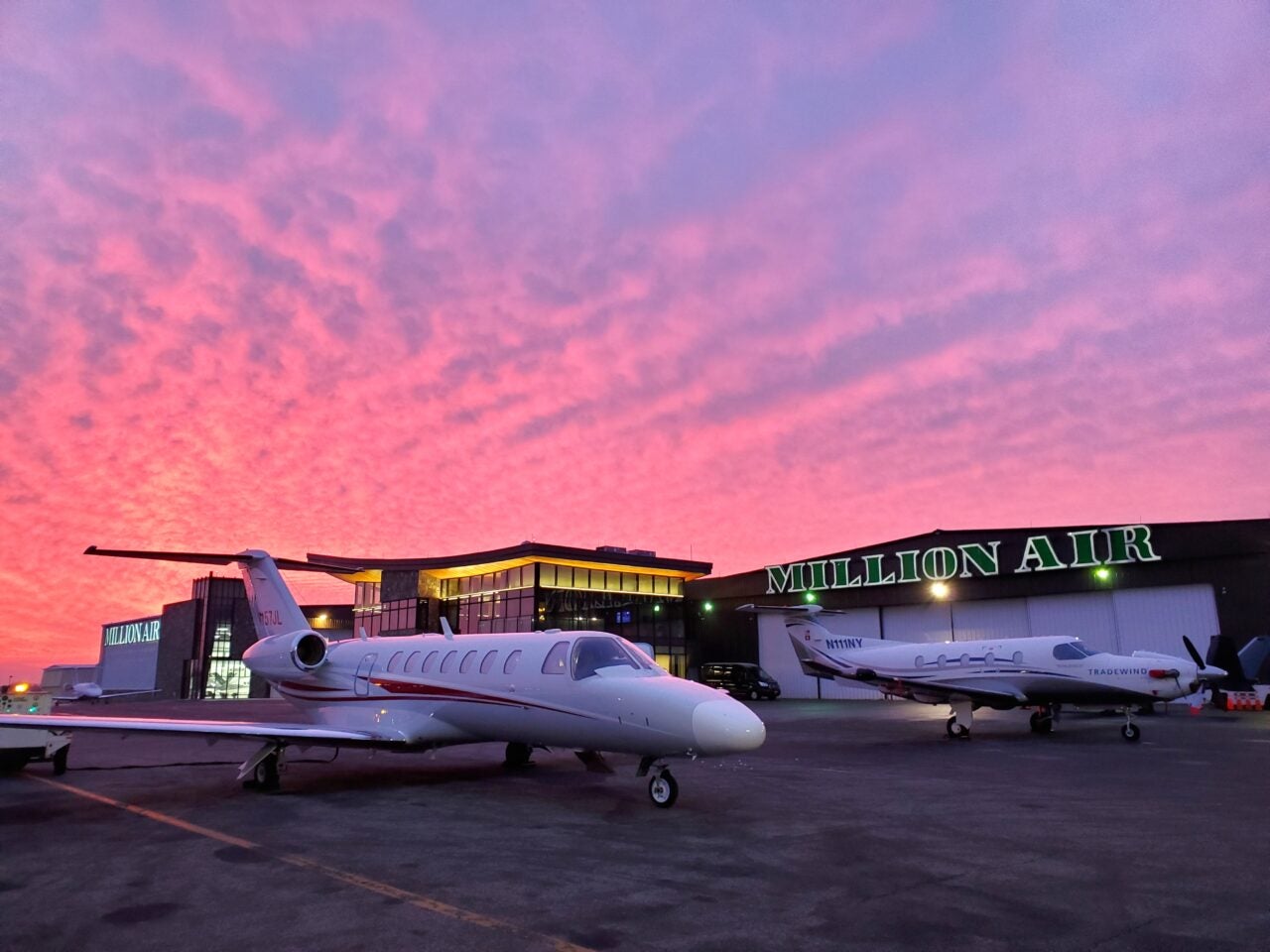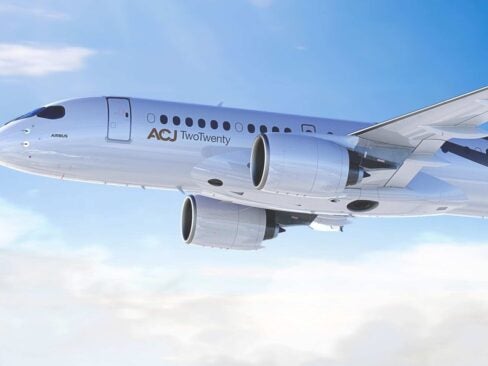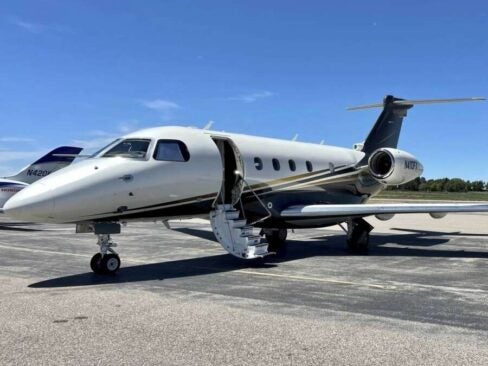Tradewind Aviation will automatically add a 100% carbon offset to all of its flights, at no extra cost to customers. The American charter airline, which operates flights throughout North America and the Caribbean, quietly launched the program at the start of 2022.
Funds generated through this new carbon offset program will go to Houston-based social enterprise TerraPass, which will use the funds in a variety of different projects to reduce greenhouse gasses. These projects include renewable wind farms, agricultural methane capture and forestry projects.
This is a clear follow-up from their fall 2020 initiative which allowed clients the opportunity to offset a flight’s carbon emissions for a small fee. The clear difference with this next step is that carbon is now offset automatically with Tradewind Aviation covering 100% of the costs.
“Climate change is among the pressing issues of our day, and we’ve made the decision for Tradewind Aviation to be on the right side of it, funding sustainability through carbon offsets on every flight at no cost to our clients,” says Eric Zipkin, co-founder and CEO.
[See also: Sustainable Skies: Jet Companies Making Positive Change]

Cessna Citation CJ3 in flight / ©Tradewind Aviation
An automated technology is applied to every flight. This takes into account the destination, duration and model of the aircraft flown and uses this data to calculate the cost of the carbon offset.
“Indeed, our new Carbon Offset Program is structured in such a way that passengers needn’t even think about it to make a contribution to combatting climate change – though of course, we hope they do,” continues Zipkin.
The initial fall 2020 program proved to be successful with passengers opting to pay around $7 per hour of flight to offset the carbon crafted by the journey (based on a Tradewind flying a Pilatus PC-12 from White Plains, New York to Nantucket off the coast of Massachusetts). This led to 160.3mT of carbon being offset through the initiative by December 31, 2021.
[See also: Chris Leach on a Greener Future for Aviation]
This is a figure that will only increase as Tradewind Aviation removes the choice for customers and covers the cost of carbon offset themselves.
One of the reasons Tradewind Aviation is able to do this is due to its relatively efficient fleet which is made up of single-engine turboprop Pilatus PC-12s and light jet Cessna Citation CJ3s. The Pilatus PC-12s specifically only use 70 gallons of jet fuel per hour of flight.
In February 2022 Tradewind Aviation announced the extension of its partnership with Pilatus Aircraft through the purchase of 20 brand-new PC-12 NGX single-engine turboprop aircraft. This grows Tradewind’s Pilatus fleet to 38, one of the largest in the global aviation industry.










